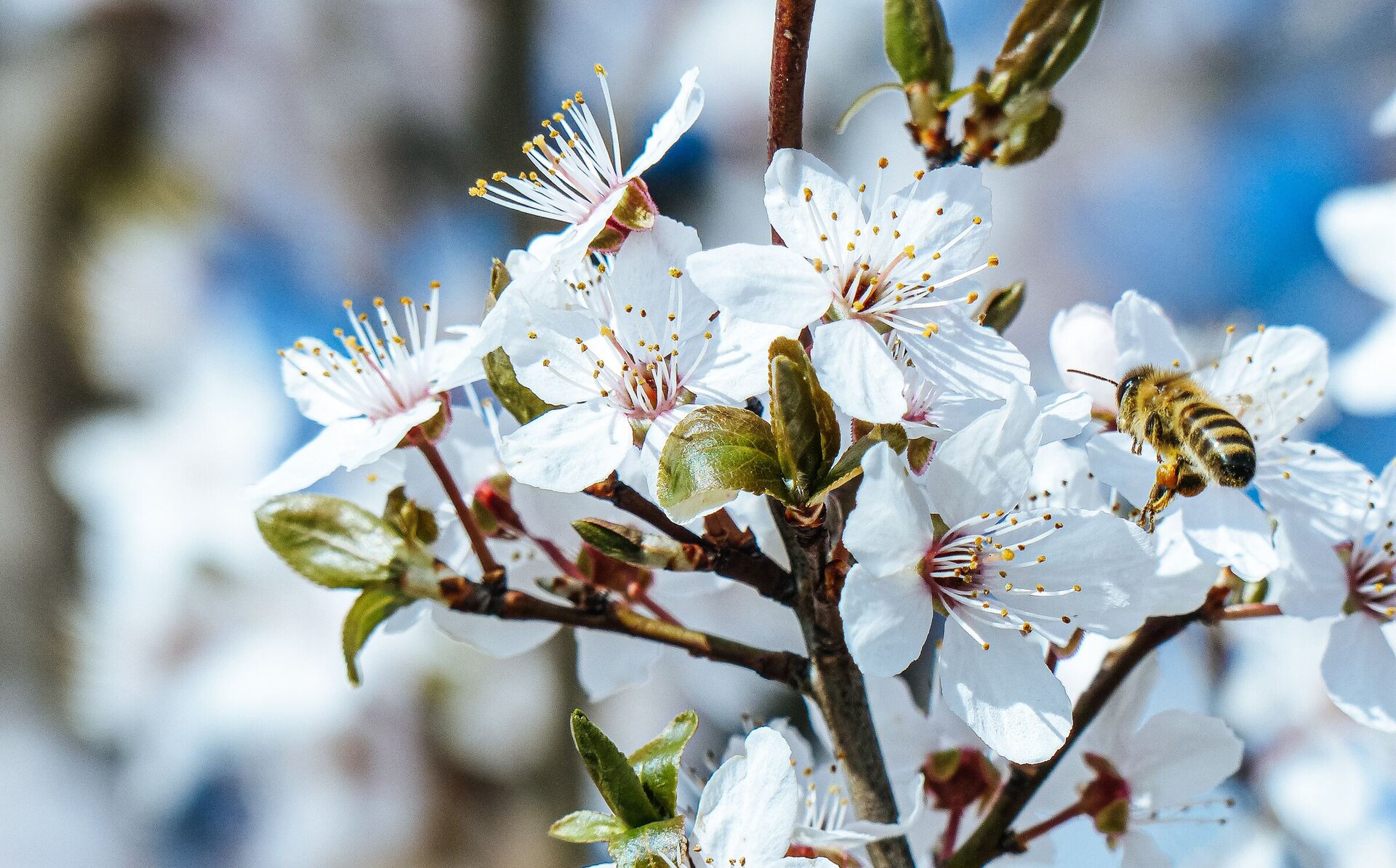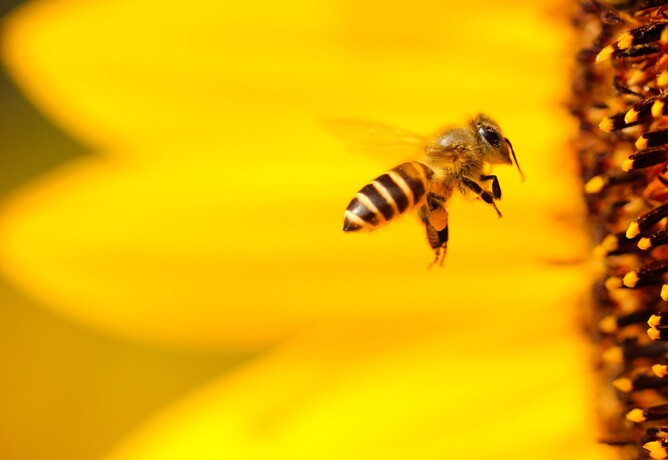Bees are critically important to New Zealand and to the New Zealand economy – much more so than you beemight think! Without bees, our gardens would be without many of their plants and flowers, and our major agri-export industries (worth around $5 billion) would be in severe trouble! At least one third of our food depend on honey bees for pollination, this food provides us 35% of our calories, most of our minerals, vitamins, and anti-oxidants. What would happen to our nutrient food intake and in turn our health if our bees disappeared? Albert Einstein said “If the Bee Disappeared Off the Face of the Earth, Man Would Only Have Four Years Left To Live".
Honey bee colonies are dying or disappearing in record numbers in USA. Thriving colonies disappear overnight without leaving a trace. The bees seem to fly off never to return, leaving the queen bee and mother of the hive to starve to death.
Things aren’t quite so bad in New Zealand, yet, but New Zealand bees are increasingly threatened with the long-term effects of varroa mite and other new diseases. Added to this is the misuse of pesticides that affect bees in gardens and on farms, the loss of habitat for shelter and the lack of flowers for bee food.
Here’s what can we do to help our precious New Zealand bees survive:
- Garden organically. If you struggle with that idea then look for bee friendly sprays and use them at dusk when the bees are back in their hives. Avoid neonicotinoids with these ingredients: acetamiprid, imidacloprid, thiacloprid and thiamethoxam. Also avoid spraying when plants are in flower.
- Grow plants in your garden that attract bees. Bees love plants with ample amounts of pollen and nectar david-bee-photosuch as borage, lavender, rosemary, calendula and forget-me-not. Remember bees are attracted to these colours: yellow, blue-green, blue and ultraviolet flowers. You can purchase wildflower bee friendly seeds here. All the money from these seed sales go back to the National Beekeepers Association to help NZ bees. See at the bottom of this page for more links to growing ideas.
- Create a shallow pond in your garden where bees can land on the edges to collect water.
- Don’t mow you lawn too often, leave clover and dandelion in the lawn for a while for bees to forage on (if you can stand it).
- Eat more organic food to encourage producers to limit pesticides on crops.
- If you come across a swarm of bees please don’t call the exterminators but instead call your local beekeeping club. ApiCulture NZ have some contact numbers on their website. Having said this you do want to destroy wasp nests as they rob beehive honey stores. You can pour petrol on their nests or contact a terminator. Make sure you learn the difference between a wasp nest and natural beehive though!
- Find out more about the honey you are eating and make sure it is from beekeepers who care about their bee’s health and not just about production.
- Spread the word by letting people know this information and support any petitions or change in policy that further protects our bees.
“When the flower blooms, the bees come uninvited.” by Krishna, Rama
Information for this blog post was sourced from The National Beekeepers Association and The Telegraph
For further information on helping our NZ bees, check out these:







